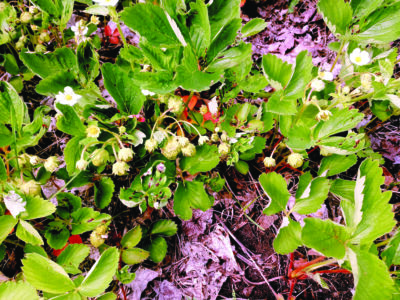Michigan Tech’s LSSI program receives funding grant

Provided photo Shown is the logo for Michigan Tech’s LSSI program.
HOUGHTON — The Lake Superior Stewardship Initiative has received a grant totaling $74,967, according to Lloy Wescoat, education program assistant with the LSSI at Michigan Technological University’s Center for Science and Environmental Outreach at the Great Lakes Research Center.
Michigan Tech, in partnership with the LSSI and Western Upper Peninsula MiSTEM Network, announced the grant earlier this month. The grant is from the National Oceanic and Atmospheric Administration (NOAA) Bat Watershed Education and Training (B-WET).
The funds will support the LSSI – Meaningful Watershed Educational Experiences for Rural Schools project.
“They’re funding some stewardship programs around the Great Lakes,” Wescoat said in an interview, “and we were really lucky to get one at Michigan Tech for the Lake Superior Stewardship Initiative.”
The project will engage 30 K-12 teachers and 1,000 students in Houghton, Keweenaw, Baraga, Ontonagon and Gogebic counties in a variety of Meaningful Watershed Educational Experiences (MWEE), and fund school-community partnerships, to plan and implement stewardship projects that address a local need.
On June 20, teachers and community partners attended a two-day MWEE Investigations teacher workshop to learn about watershed literacy in the local context, and how to engage student voice in the community action and problem solving process.
The educational programs are to increase teachers’ and students’ knowledge of, and motivational care for, the Lake Superior watershed.
The LSSI is part of the statewide Great Lakes Stewardship Initiative (GLSI). The goal of both is increase understanding and active stewardship of the Great Lakes by K-12 teachers and students working in partnership with community organizations and local units of government.
NOAA’s B-WET is a competitive program that promotes MWEEs, which are multi-stage activities that include learning both outdoors and in the classroom, and aim to increase understanding and stewardship of watersheds and related ocean, coastal, riverine, estuarine, and Great Lakes ecosystems, NOAA’s website states.
“Students identify actions to address these issues and understand the value of those actions,” the website states, “enabling them to help to understand, protect, and restore watersheds and related ocean, coastal, and Great Lakes ecosystems.”




